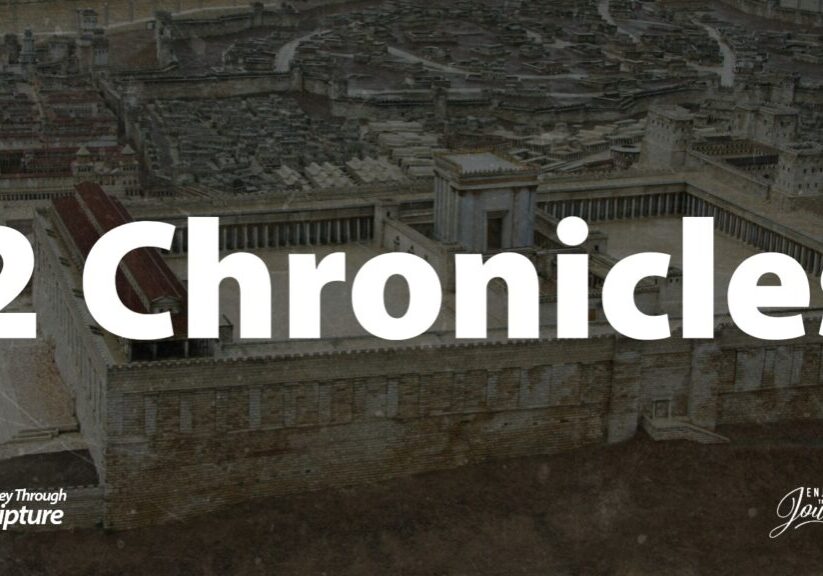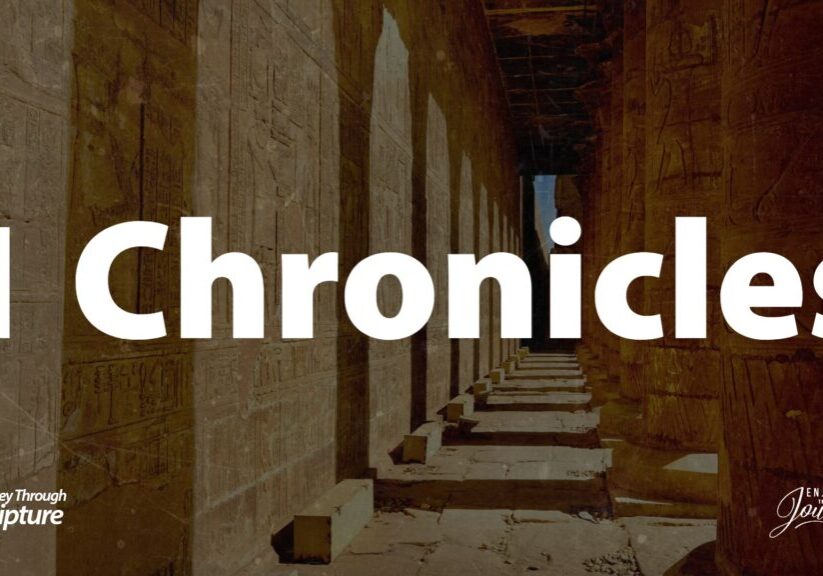
Dr. Johnny Pope is the pastor of Christchurch Baptist Fellowship in Houston, Texas. His Spirit-filled preaching has always been a tremendous help to me. It is full of Scriptural substance that makes you think and stirs your heart. Brother Johnny has been a friend and encourager. I believe you will be helped by his writing.
Reconsidering The Hymnal
I respect the gifting of the Holy Spirit to the Body of Christ and I took an informal survey of some of the musicians and singers of our church. I asked, “What would make better singers and worshippers in our song service?” I did not ask the tech guys who were not musicians, or Sunday School teachers, the ushers, or deacons, I asked the musicians. This is not to say that we don’t have musicians doing these other jobs in the church; it is simply to respect the gifts of those who, through edification and exhortation, have been participants in the venue of music worship. “Now there are diversities of gifts…And there are diversities of operations…” (I Corinthians 12:4, 6). The word diversity comes to us from the Greek word, “diairesis” which means a distinction or variety, a difference. We should never be afraid of the differences. The differences do more than add variety; the differences expand our horizons and enhance our ability to see a new side of Jesus. His Body is His Church and the different members of the church are an expression of our Lord in the earth.
In my informal search, the musicians wanted us to use our hymnbooks. Not all musicians agreed (they are musicians you know). But the consensus in our music arena is give the hymnals the opportunity to add to our worship.
I ask you to join me in giving an opportunity to continue to use our hymnals. It may be more work and more effort, but I believe in the long run, the Lord will be pleased and that is what we are after, pleasing the Lord. I am not speaking as a lover of hymnbook singing. I like the ease of the screen, but I would like to use my gift as pastor of a local church to ask you to consider how the hymnbook could be a blessing.
-
Hymnals are a link to the past.
I often hear people who run for elected offices ask, “Are you better off or worse off now?” May I tweak that thought: “Are we better off spiritually in the church since we have consigned our hymnbooks to the mothballs?” I know the argument you may present. “They did not have the screens in those days, and if they did they would have used them.” This argument could be hypothetical, however in some of the coliseums that were packed to capacity there would not have been screens big enough for people in the highest bleachers to see. I remember well, the Billy Graham songbooks that were passed out to the congregants of the huge crusades enabling folks far from the podium to have a close up experience of the words and music in their hands. In the days of the great revivals under D.L. Moody and Ira Sankey, Billy Sunday and Homer Rodeheaver songbooks were used. As a boy in my memories I smell the sawdust, I see the choir, I feel the songbook and I remember when our country was much more in tune with God as we made the music of revival. “Thus saith the LORD, Stand ye in the ways, and see, and ask for the old paths, where is the good way, and walk therein, and ye shall find rest for your souls. But they said, We will not walk therein” (Jeremiah 6:16).
-
It adds “sense” to our worship experience.
The sense of touch is activated when we pick up a songbook. Songbooks were so important to the Metropolitan Tabernacle where Charles Spurgeon pastored that they even edited a hymnal, affectionately naming it, Our Own Hymn Book. My mind goes back to my childhood. We were equipped with our Bibles and we were equipped with the hymnbook. Recently I was in a church that had been highly affected by the cultural paradigm that has been introduced by our digital age. When we entered, we were struck that no one — I mean it — I did not see one person who had a Bible in their hand! And after the minister got into his message, I understood why. Every verse that was used was placed on the screen. As I sat there, I began to wonder if this is the ultimate path the church is taking. If hymnbooks are optional, will taking our Bibles to church become optional as well? Now I know our people who are reading this would definitely say no, our Bibles will ever be near and dear to us. There is a blessing of having our Bible in our hands and being able to go back to its pages and see verses marked that the preacher preached from, and sometimes writing the decision we made in the margin.
Listen to a comment I received from our minister of music, Jerry Howell:
“Having the hymnal in your hand and being able to read the words and dwell on them or re-look at them even when everyone else has moved on allows for personal worship in the heart. Sometimes when you are preaching, you might mention a verse and then move on. Sometimes I may not move on with you because I’m still being blessed by that thought and I want to stay there awhile and then catch up to you after dwelling on that verse. It’s not exactly the same but I think it’s similar.”
I remember well the tactile feel of the hymnbook in my early childhood. I believe it actually aided my reading skills and learning to love books. I was learning the meaning of grand words before some of my non-church attending peers, such as, “How tedious and tasteless the hours, when Jesus no longer I see….” I was learning beautiful poetry and prose as I held my hymnbook such as, “…But when I am happy in Him, December is as pleasant as May. While blessed with a sense of His love, A palace a toy would appear, And prisons would palaces prove, If Jesus would dwell with me there.” Perhaps I am going too far with this, but I remember holding the book close to my face and smelling the unique fragrance of the hymnbook that told me I was in church. Yes, it makes “sense” that hymnbooks add “sense” to our worship.
-
Let’s hear an opinion from another Minister of Music.
“Hymnals actually teach music. We’re making less music than ever before. Oh, to be sure, there’s lots of music going on around us, but very few people are actually making it. We’re just consuming it, or at the very most, singing along with music someone else made first. But even an untrained musician can look at the words and music in the hymnal and learn to follow melodic direction and rhythmic value. Hymnals set a performance standard. Contemporary worship music is based on recording instead of notation. This is endlessly confusing, and it opens each song up to individual interpretation. Without notation, it is exceedingly hard to sing well as a congregation. Hymnals fix that. Everybody has the same notation, so we all know how the song is supposed to go. Hymnals integrate the music and text. Words on a screen give no musical information. Hymnals fix that. Singers aren’t dependent upon learning the song by rote” (from 15 Reasons Why We Should Still Be Using Hymnals).
I am and have enjoyed being a full-time “screen singer” but in all honesty, I have been much in thought after visiting one of the oldest, if not the oldest, Baptist Church in Washington D.C. this past December that still sings with the words in their hand, not on a screen. Perhaps it is because this was the town in which I was saved and this was the town in which I learned to sing in church. I did so with a hymnbook. I sang the words until most of the words came off the page and into my heart, where they still are to this day. Before we think about putting away our hymnbooks will you give these old standbys one more chance? “O come, let us sing unto the LORD: let us make a joyful noise to the rock of our salvation” (Psalm 95:1).
*Click HERE to access Enjoying the Journey’s growing library of hymn histories.
Discover more from Enjoying the Journey
Subscribe to get the latest posts sent to your email.







I completely agree. I think the hymn book is just as vital a part of the worship process. I heard a missionary one time explain how knowing your hymn book is important. He was explaining how in a jungle village where they didn’t have Bible’s yet but they somehow had a hymn book. He was able to actually get the gospel across using the hymn book.
When we relegate our songs and even the Bible to a screen we are trusting the ones putting the words on the screen. This can be dangerous because we are not comparing what is being stalked with what the Bible actually says. This. An possibly lead to fals teachings being introduced and you would be one the wise if you don’t know what your Bible says. With that being said I don’t think screens are evil, I just believe we should not be so readily giving up our hymn book or Bible.
I would be very wary of a preacher who said, “see a new side of Jesus.”
I would agree if he were referring to some “new” revelation, but I believe the context is to OUR perspective on who He is. He is not “new” because He is the unchanging God, always the same and yet always fresh. However, there are times where our view of Him gets limited and we need a new or renewed understanding of Him. This is the beautiful thing about believers ministering to each other out of the grace of God that they have experienced. Every day I am seeing something more about Christ that I did not fully see before. It is not new to Him – it is new to us. I personally believe we will spend the rest of eternity going deeper into the infinite nature of our God. What a thought! Thanks for reading.